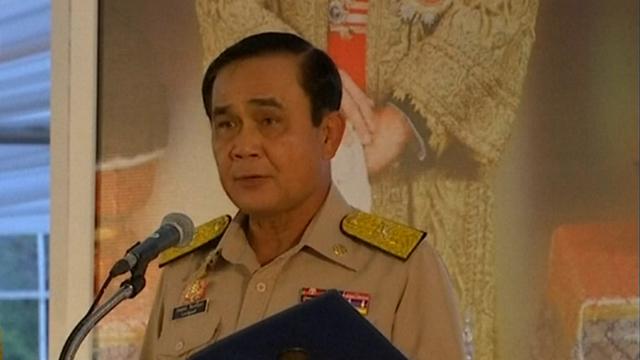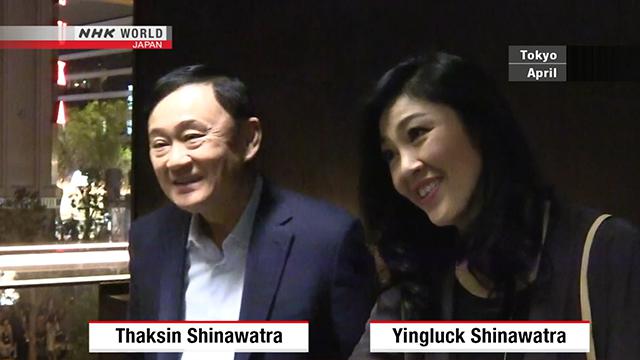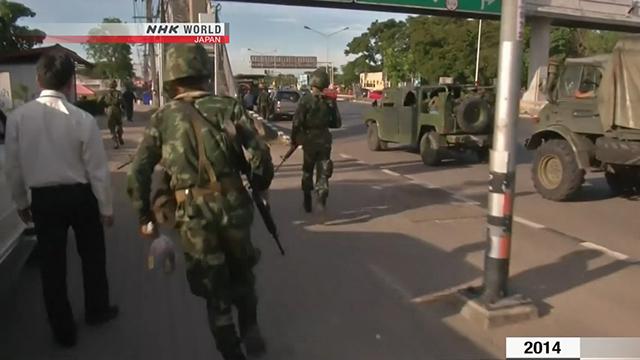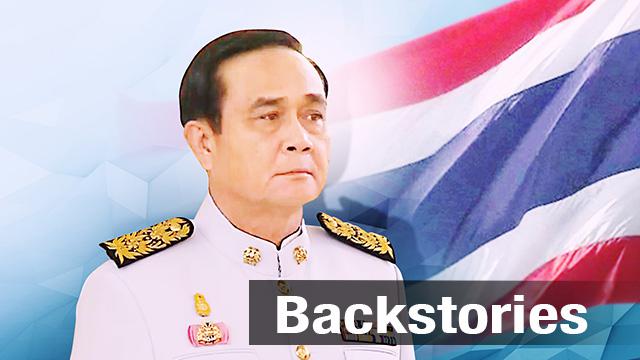The long-awaited bills
The two bills were approved on September 12th by King Maha Vajiralongkorn and officially published in the Royal Gazette. One law governs election of the Lower House and the other appointment to the Senate. Their enactment came amid increasing domestic and international pressure to end prolonged military rule and restore democracy.
Opposition groups cautiously welcomed the new laws. The military government has banned political assembly larger than 5 people in the name of peace and order. Opposition parties want to see this ban lifted before heading into a general election.
Delays still possible
The law governing Lower House elections is effective in December. That sets a five-month deadline for voting. The military government has said elections could take place sometime between February and May next year, but that could be postponed.

Interim prime minister Prayut Chan-o-cha still has absolute authority under the country's constitution and could delay voting citing reasons of public security. The new King's coronation could be cited as a reason. Prayut has said the ceremony should take place prior to elections.
If the military retains power
Voters must elect 500 members to the Lower House, but the military will effectively appoint 250 members to the Upper House. Both houses vote to select the prime minister, so the military still has the advantage and Prayut could be prime minister again.
The regime is also working to secure support in the Lower House, by offering posts to both neutral and opposition members. Professor Yasuhito Asami at Hosei University in Japan is not confident that elections will take place as indicated.
"The military's effort to coax opposition members is slowing down," he said, adding that the regime could postpone elections again if it is not confident of forming a government.
The Thaksin factor

The largest opposition Pheu Thai Party consists of supporters of former prime minister Thaksin Shinawatra and is strong in rural areas in the north and northeast. The military is keeping a close watch on the party. Thaksin has been convicted of corruption, and his sister, former prime minister Yingluck Shinawatra, is accused of criminal negligence. Both are living in exile. The regime has hinted that the party is violating the law by retaining contact with Thaksin and could be forced to dissolve.
Pro-Thaksin groups have been calling for fair elections. Critics say maneuvers by the military to eliminate strong opposition suggest a newly elected government may not be truly democratic. A vote under these circumstances would also draw continued criticism from Western countries.
The specter of turmoil

The coup in 2014 followed months of political turmoil, with anti-government protests bringing the capital Bangkok to a standstill. People are feeling suffocated by military rule, but many are also weary of a return to political chaos.
"Thai society appears relatively stable," said Professor Asami. "There is little possibility that large numbers of people will take to the streets again," he said. "But dissatisfaction with the military is growing beneath the surface and if the economy worsens due to external factors, like ongoing trade friction between the US and China, that will cause an upsurge in public frustration with the government."
Thailand has a history of coups following periods of political turbulence. Decisions by the military government and opposition parties in the coming months will determine whether the country can break this pattern.
